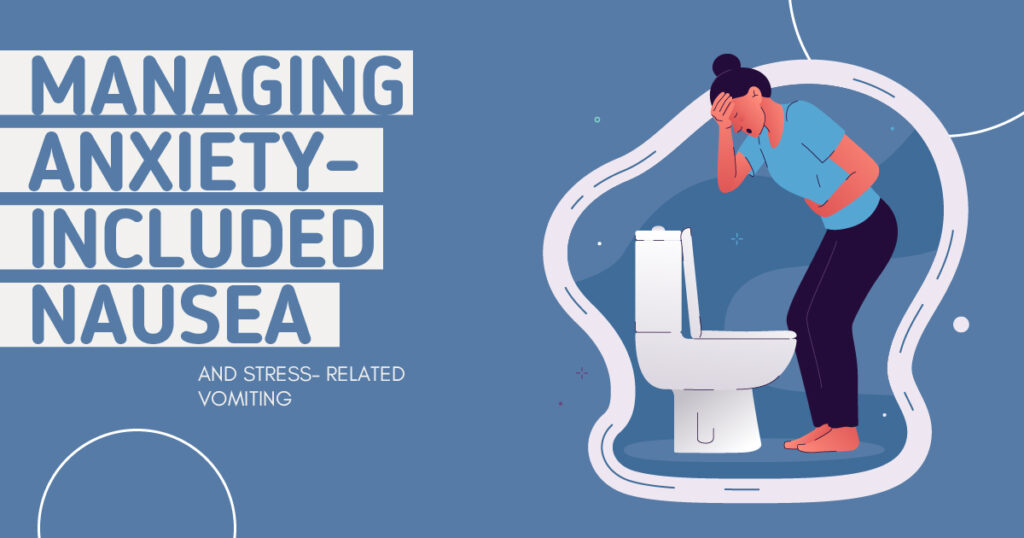Bipolar disorder is a mental health condition characterized by extreme mood swings that include emotional highs (mania or hypomania) and lows (depression). One of the primary treatments for managing these mood swings is the use of mood stabilizers. This comprehensive guide explores mood stabilizers, their effects, and their role in managing bipolar disorder. We will also compare top medications available, their effectiveness, and common side effects.
What Are Mood Stabilizers?
Mood stabilizers are a class of psychiatric medications specifically designed to regulate mood swings in individuals with bipolar disorder treatment. They are essential in the treatment of mood disorders by helping to balance the highs and lows, thereby reducing the frequency and severity of manic episode, episodes of depression, or mixed episodes.
San Diego Mental Health
Types of Mood Stabilizers
Lithium: One of the oldest and most effective mood stabilizers. It is often used in the treatment of bipolar depression and acute mania. Lithium carbonate, a common form, is known for its mood-stabilizing properties, although it can have adverse effects such as dry mouth. Maintenance treatment with lithium can be a long-term strategy, and adherence is crucial to avoid relapses.
Anticonvulsants: These include medications like Divalproex sodium, valproate (valproic acid), and lamotrigine. They are often used as anticonvulsant mood stabilizers and are particularly useful for managing bipolar mania and mixed features. Anticonvulsants are also effective in addressing rapid cycling in bipolar patients. Studies, including a literature review, highlight their effectiveness in preventing longitudinal episodes.
Atypical Antipsychotics: Modern medications such as quetiapine and olanzapine fall into this category. These antipsychotic medications can be effective for managing symptoms of mania and depression in adults and are often used in inpatient treatment settings.
Why Are Mood Stabilizers Important for Bipolar Disorder?
Mood stabilizers play a crucial role in the management of bipolar disorder for several reasons:
- Prevention of Manic and Depressive Episodes: By stabilizing mood, these medications help prevent the extreme highs and lows of bipolar spectrum disorders.
- Reduction of Symptoms: They help alleviate symptoms of both mania and depression. For example, lamotrigine is known for its effectiveness in reducing depressive symptoms and preventing relapse in depressive disorder. This is crucial in the treatment of patients with acute depression or major depression.
- Improved Quality of Life: Effective mood stabilization contributes to a more stable and fulfilling life, improving daily activity and overall well-being. This can reduce the risk of harm, rehospitalization, or risk of suicide in patients, especially those with psychotic symptoms. Healthcare professionals must monitor risk factors such as suicidal ideation and encourage medication adherence to optimize patient outcomes.
How Do Mood Stabilizers Work?
Mood stabilizers work by altering the balance of neurotransmitters in the brain, which are chemicals responsible for transmitting messages between neurons. Here’s a closer look at their mechanisms:
- Regulation of Neurotransmitters: Mood stabilizers adjust neurotransmitters like serotonin, dopamine, and norepinephrine levels. The exact mechanism of lithium, for instance, involves modulation of calcium levels and neuronal firing.
- Stabilization of Mood: They work to prevent the manic phase and depressive phases of bipolar disorder from becoming severe. Lithium therapy is known for its ability to prevent acute treatment episodes of mania and depressive symptoms. A review of features of bipolar disorder suggests that combining medications like lithium with cognitive behavior therapy (CBT) can offer greater benefits.
- Neuroprotective Effects: Some mood stabilizers also offer neuroprotective benefits, helping protect the brain from damage caused by mood disorders. Medications like lamotrigine, which has neuroprotective properties, are beneficial for patients in the acute phase of their illness.
Top Mood Stabilizers for Bipolar Disorder
Here, we compare the top mood stabilizers currently prescribed for bipolar disorder, including their benefits, potential side effects, and overall effectiveness:
Lithium
- Benefits: Highly effective for long-term treatment. Lithium-treated patients often experience significant reductions in symptoms of mania and depression. Additionally, lithium therapy reduces suicidal thoughts and the risk of recurrence in patients.
- Side Effects: Common initial side effects include dry mouth, thirst, and frequent urination. Regular blood tests are needed to monitor for lithium toxicity.
- Effectiveness: Well-established as a first-line treatment for bipolar mood disorder, effective in both manic depression and mixed mania.
San Diego Mental Health
Valproate (Valproic Acid)
- Benefits: Particularly effective for mania and mixed features. Often used in combination therapy for acute treatment.
- Side Effects: Weight gain and potential liver damage. Patients may require regular liver function tests to avoid negative consequences. Healthcare professionals often recommend combining valproate with antipsychotic therapy for certain patients.
- Effectiveness: Often prescribed for acute mania and treatment-resistant depression. Valproate has been extensively studied in a naturalistic 4-year follow-up study and is highly recommended in a comparative effectiveness review.
Lamotrigine
- Benefits: Effective for depression in bipolar patients. It is often chosen for long-term maintenance treatment. Studies also emphasize lamotrigine’s neuroprotective benefits in preventing frequent episodes of mania and depression.
- Side Effects: Potential for severe skin rashes and headaches.
- Effectiveness: Effective for maintaining mood stability and preventing episodes of euphoric mania.
Choosing the Right Mood Stabilizer
Selecting the appropriate mood stabilizer for bipolar disorder involves several factors:
- Severity of Symptoms: Different medications are better suited for various phases of illness. Lithium is often preferred for managing manic symptoms, while lamotrigine is better for depressive symptoms. In some cases, monoamine oxidase inhibitors (MAOIs) may be considered.
- Side Effect Profile: Medications should be selected based on their adverse reactions and response to medications.
- Patient’s Medical History: Comorbid conditions such as psychiatric or other medical conditions can influence the choice of mood stabilizers. Conditions like movement disorders or extra-pyramidal effects should be monitored closely.
FAQs
What is the primary goal of mood stabilizers?
The primary goal is to prevent and manage the extreme mood swings associated with bipolar disorder, including manic depression and acute depression.
Are mood stabilizers used for conditions other than bipolar disorder?
Yes, some mood stabilizers are used off-label for conditions such as schizoaffective disorder, psychotic depression, and even organic illness. They are also prescribed for managing acute phase episodes in other mental health conditions.
San Diego Mental Health
Conclusion
Understanding mood stabilizers is essential for managing bipolar spectrum disorders. These medications regulate mood swings, prevent severe episodes, and improve quality of life. By knowing the types of stabilizers, their benefits, and side effects, you can make informed decisions about treatment. Consult a healthcare professional to find the best medication for your specific needs. Patient outcomes can significantly improve with the right bipolar disorder treatment strategy, supported by interventions such as social rhythm therapy and group-based psychosocial intervention.








